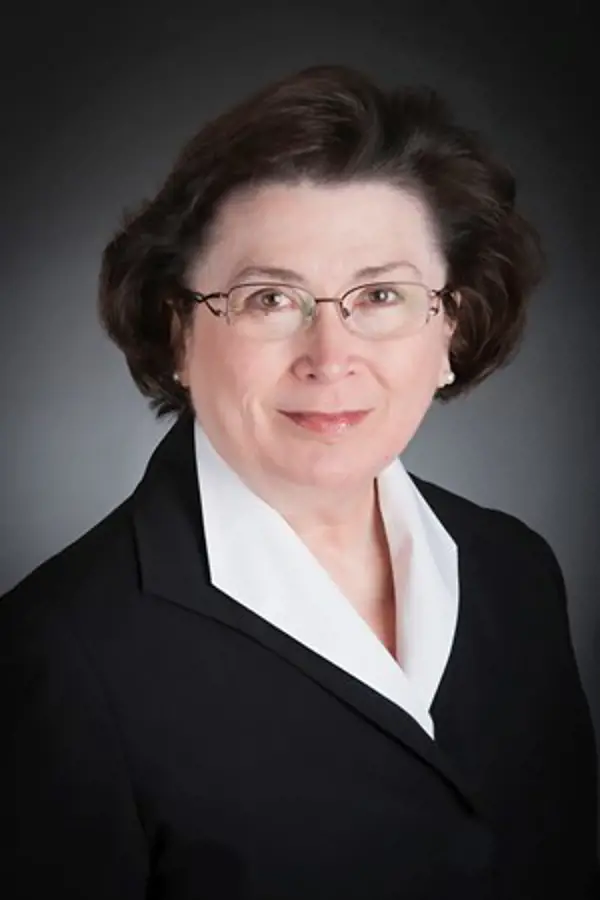
October 13, 2016
For many USI students, this election will be their first presidential voting experience. What should they know about the difference between voting for the party versus the candidate?
I know many people who say, "I vote for the person, not the party." I then ask, "What do you know about the person? How do you know? What are your major sources of information for your conclusions about the person?" The conversation usually gets strained fairly quickly. While there are those who would be classified as true "independents," research has established that those who affiliate strongly with a political party know more about politics than those who are "independent." I am not saying their information is always correct, or with sufficient context.
Think of political party affiliation as a file cabinet with folders marked with issues such as "Immigration," "Power of Government," "Abortion," and so on, and those who affiliate with a party will organize their understanding of those issues along party lines and be more informed than those of us without the mental filing cabinet.
The idea of free college tuition, at least for certain segments of the population, has been proposed in many forms, by the current administration and by candidates in this year's primary and general election. As president of a publicly funded university, what are your thoughts on free tuition for public colleges and universities?
There's something about the phrase "free college tuition" that seems be an oxymoron. The proposals I have heard give very little detail about how they would be implemented. The operational costs that tuition revenues support would not magically disappear. Those who say, "the government will pay" need to understand one simple reality: We are the government. The national government relies on us to provide revenues through our tax dollars to cover various functions. Some candidates who have made this proposal concede that increased taxes will be necessary to make "free tuition" a reality. Are we prepared to pay more? Some will say yes, others no.
Several candidates in the presidential primaries were successful in mobilizing the college vote. These voters may now find themselves affiliated with a candidate that didn't advance, and many simply will not vote. What is the result of such inaction?
Young voters are always an unpredictable part of the electorate and, in most presidential years, their turnout rates are far lower than older age groups. Most campaign rhetoric does not address issues relevant to them, though this year may be different. What they need to keep in mind is by not voting they have silenced their voices in the process. Of course, the top position on the ballot is important, but there are many offices and issues on the ballot that need our attention as well. Congressional seats, state and local offices, and a host of issues find their way to the ballot during presidential election years. The American election ballot is longer than most other democracies in the world and the demands on voters in the United States are particularly high.
In many ways, this year's election, both the primaries and the general election, have broken from the norm. As a political scientist yourself, how do you see this election being historically unique, and what would you encourage students to be aware of?
The populist rhetoric of candidates from both parties harkens to other periods in American history when candidates made emotional appeals to sway voters to their camps. In the wake of the Civil War leading to the turn of the 20th Century, populism became a movement, and even an organized political party for a short period of time. Generally anti-immigration and anti-capitalism, the Populist Party merged with the Democratic Party in the late 1890s. The anti-immigration and anti-Wall Street themes still resonate today. Donald Trump's candidacy is the merging of populist rhetoric with the influence, particularly in media coverage, of celebrity status not seen in modern times. It defies the standard framework for assessing candidates. Hilary Clinton, as first female presidential candidate and the wife of a former president, and an experience political actor in her own right, represents a departure from the mold that has defined presidential candidates. That both Trump and Clinton have high negative public opinion numbers may bode ill for turnout in November elections, and the internal health of the two political parties.
Through a series of guest speakers and other dialogue, you've brought the notion of civility to the forefront of campus conversations. As you reflect on the current election and the level of discourse we've seen, why is this topic timely for the nation, and right here on our campus?
Our nation is grappling with issues that threaten to tear the fabric of our society and undermine the spirit of our governing system. American politics have always been a rough-and-tumble game, but we have been able, at critical times, to draw upon core values, even when we were found wanting in upholding those values. At important times, public orators lifted our eyes from narrow interests to a larger purpose. Without the practice of civility-to listen to each other and imagine we can learn from each other even when we disagree-we will weaken the bonds we share and forget that our fates are tied together. This has been true since 1789, when our second Constitution was ratified, and remains true today.
Originally printed in illume Magazine.